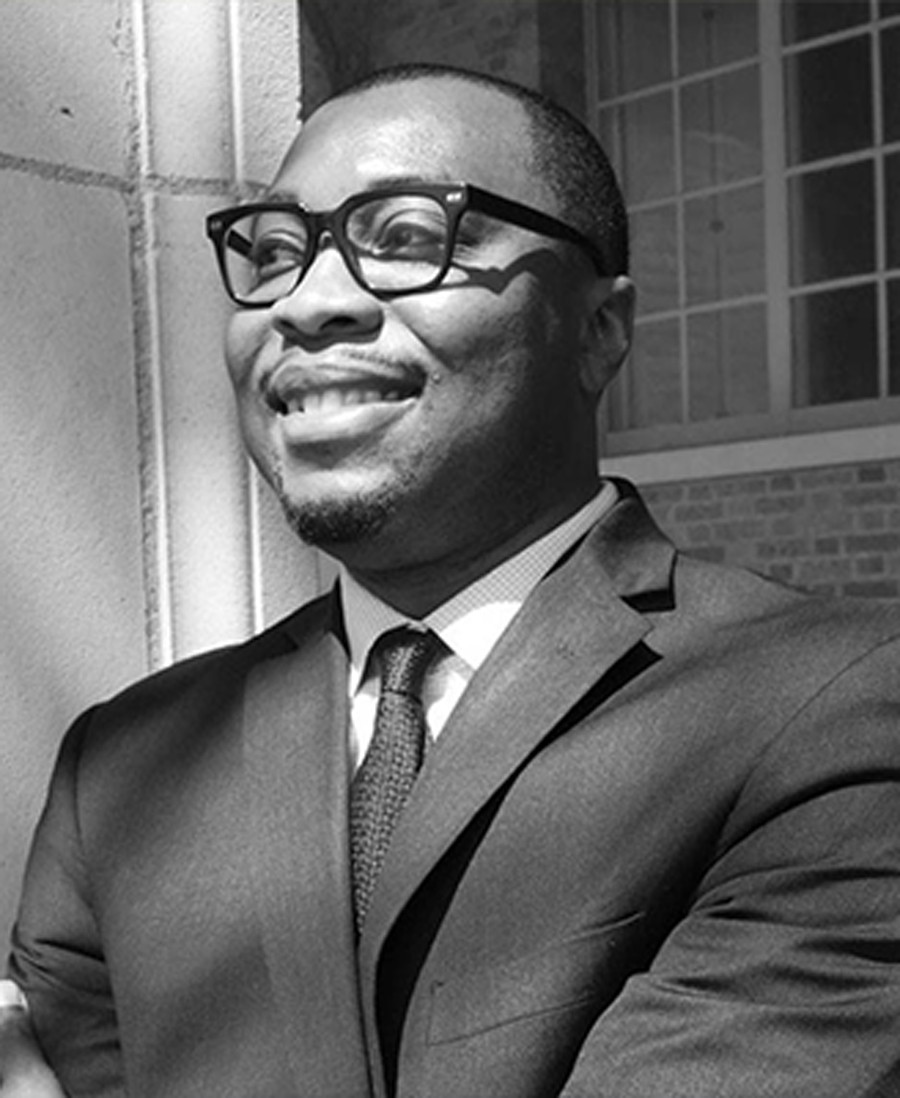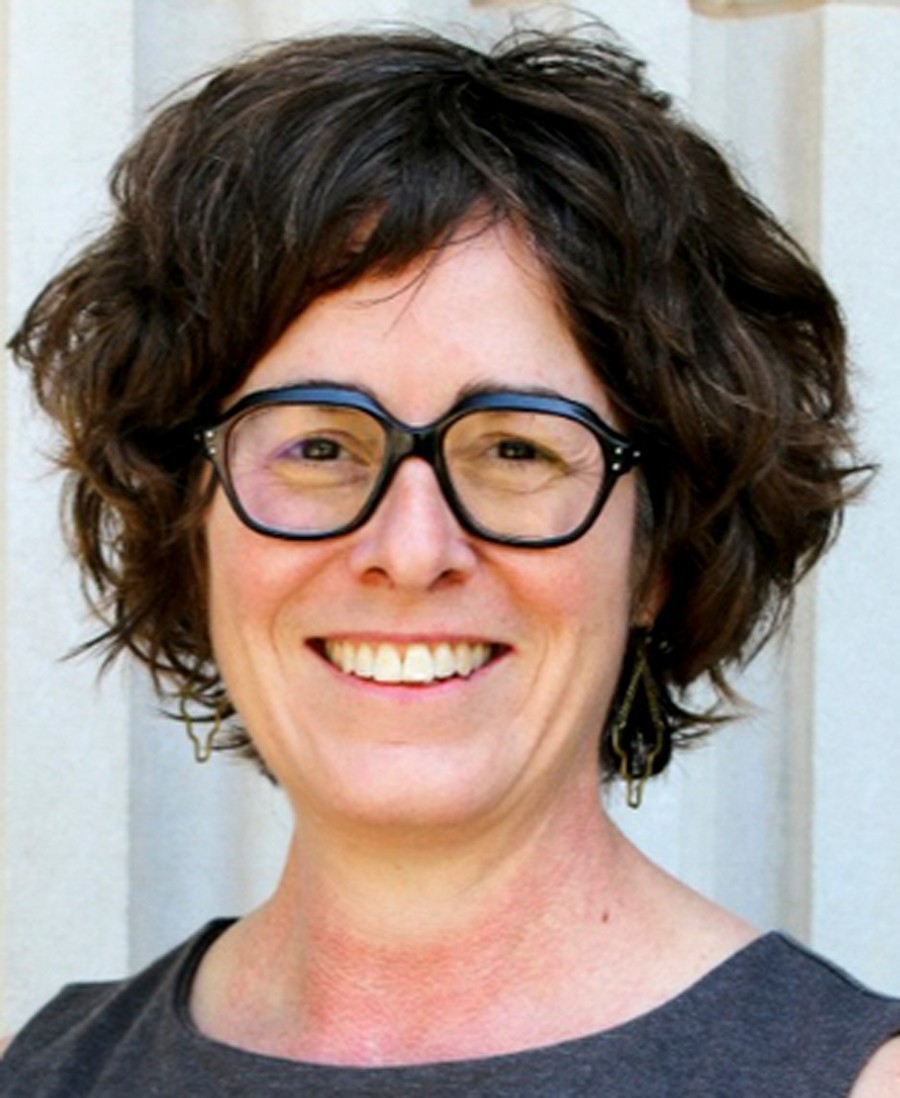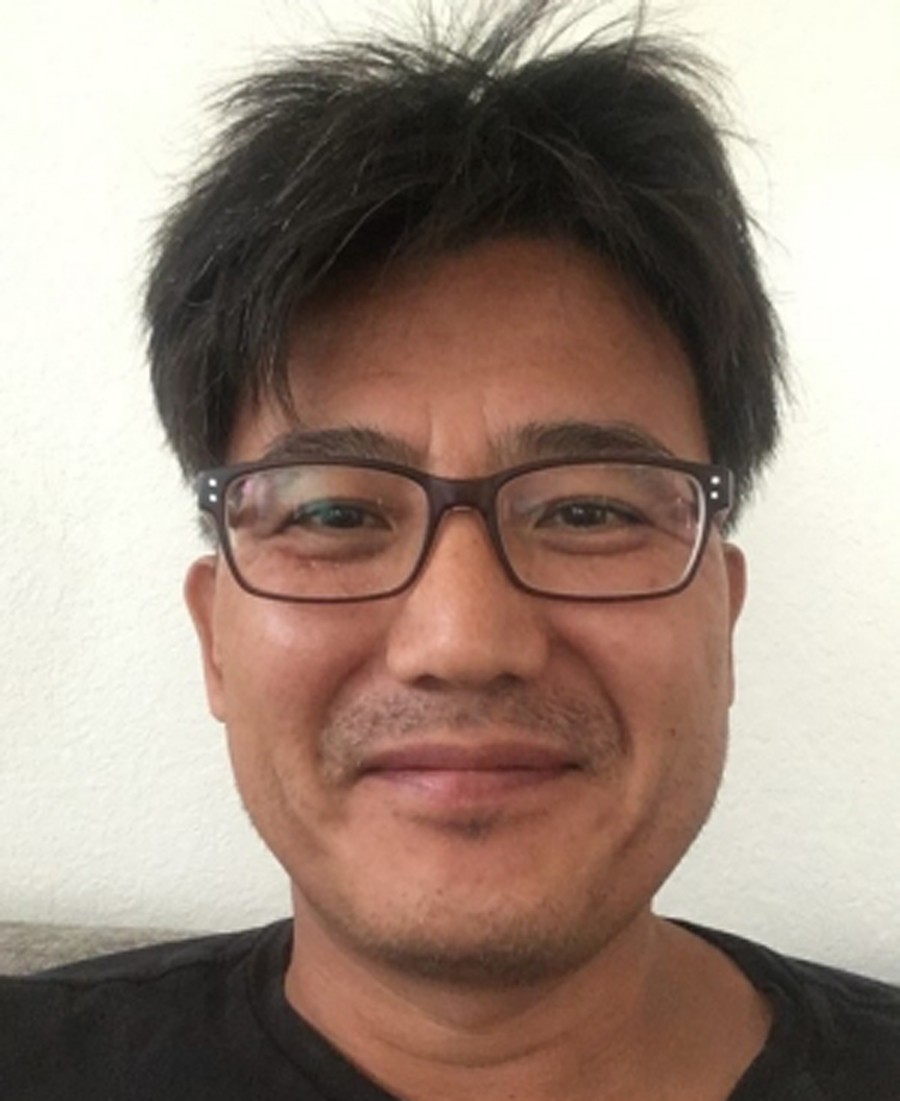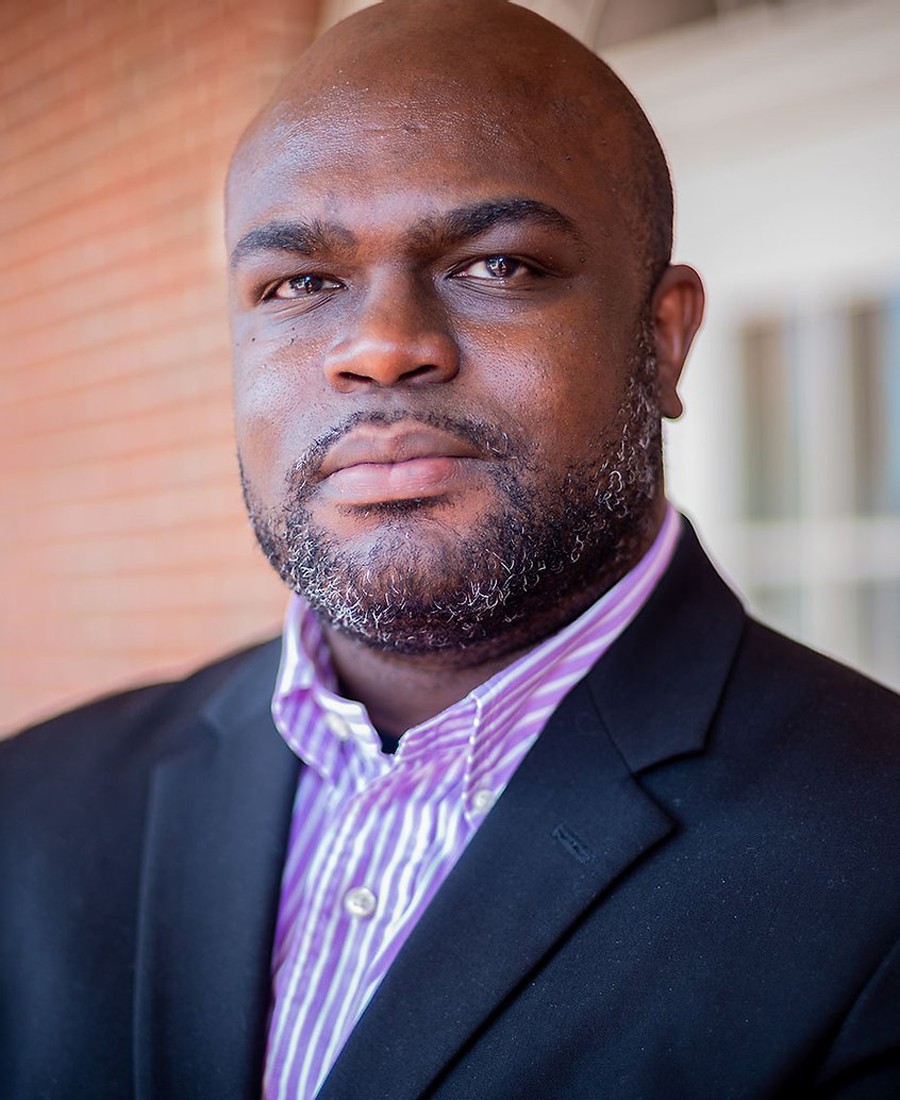
How are racialized communities using social media to construct knowledge? How are social media platforms facilitating – or obstructing – these community uses? How is shared information co-opted by government and corporations? What new knowledge practices are emerging in this landscape?
Philosophers, legal scholars, historians, communications researchers, data scientists will reflect on these questions in an exciting two-day conference, with opportunities for public participation.
We gratefully acknowledge support from the University of Oklahoma Office of the Vice President for Research and Partnerships.
Note: All times are in CDT (Central Daylight Time)
10:00–10:10 a.m. | Welcome |
| 10:10–11:05 a.m. | “The Quiet Part Outloud: Tracing Black Digital Praxis in the Shadows” Presenter: Catherine Knight Steele |
| 11:05–11:15 a.m. | Break |
| 11:15 a.m.–12:10 p.m. | “Social Justice and Cultural Politics on Social Media: A Data Visualization of Twitter Networks from the Summer of 2020” Presenters: Jeffrey Layne Blevins & James Jaehoon Lee |
| 12:00 –1:15 p.m. | Lunch |
| 1:15–2:10 p.m. | “Platform Problems: How Social Media Companies Obstruct and Exploit Movements for Racial Justice” Presenter: Karen Frost-Arnold |
| 2:10–2:20 p.m. | Break |
| 2:20–3:15 p.m. | “Camera Power: Proof, Policing, Privacy, and Audiovisual Big Data.” Presenter: Mary D. Fan |
| 3:15–3:25 p.m. | Break |
| 3:25–4:20 p.m. | “How are Statues of Robert E. Lee and Christopher Columbus Connected to the Murders of Breonna Taylor and George Floyd?” Presenter: Eric Bayruns García |
| 4:20–4:30 p.m. | Wrap-up Remarks Sherri Irvin, Karlos K. Hill, Jeong-Nam Kim, and Lawrence Ware |
10:00–10:10 a.m. | Welcome |
| 10:10–11:05 a.m. | “Cancel Culture as a Practice of Marginalized Communities” Presenter: Allissa Richardson |
| 11:05–11:15 a.m. | Break |
| 11:15 a.m.–12:10 p.m. | "Carnal Light and Border Crossing, A Photographic Archive of Feeling Brown" Presenter: Mariana Ortega |
| 12:00 –1:15 p.m. | Lunch |
| 1:15–2:10 p.m. | “Protest, Silencing, and Epistemic Activism” Presenter: José Medina |
| 2:10–2:20 p.m. | Break |
| 2:20–3:15 p.m. | “Race, Imagination, and Black Digital Practice on Social Media” Presenter: Jessica Marie Johnson |
| 3:15–3:30 p.m. | Wrap-up Remarks |

Website: karloskhill.com
Twitter: @think4achang
Dr. Karlos K. Hill is Advisor to the President for Community Engagement and Regents’ Associate Professor of African and African American Studies at the University of Oklahoma. He is also a proud affiliate faculty within the OU History Department and the Schusterman Center for Judaic and Israel Studies. Dr. Hill is the author of three books: Beyond The Rope: The Impact of Lynching on Black Culture and Memory, The Murder of Emmett Till: A Graphic History, and The 1921 Tulsa Race Massacre: A Photographic History. His book on the 1921 Tulsa Race Massacre won the 2022 Lynn McIntoch Award for Excellence, the 2022 Joan Kerr Patterson Book Award from the Western Historical Association, and 2022 Choice Outstanding Academic Title from the American Library Association. Dr. Hill founded the Tulsa Race Massacre Oklahoma Teacher’s Institute to support teaching the history of the race massacre to thousands of middle school and high school students. He also serves on the boards of the Clara Luper Legacy Committee and the Board of Scholars for Facing History and Ourselves. He currently is a weekly guest and featured contributor to the Areva Martin in Real Time radio show based in Los Angeles, California. Dr. Hill writes a series for The Nation magazine featuring the stories and work of community activists organizing for justice in Black communities.

Website: ou.edu/gradcollege/about/contacts/sherri-irvin
Twitter: @_sherri_irvin_
Sherri Irvin is Presidential Research Professor of Philosophy and Women’s and Gender Studies and Senior Associate Dean of the Graduate College at the University of Oklahoma. She is editor of Body Aesthetics (Oxford, 2016) and author of Immaterial: Rules in Contemporary Art (Oxford, 2022). Her essay “Videos, Police Violence, and Scrutiny of the Black Body” appeared in Social Research in 2022. Her current work addresses the relationships of embodiment, social perception, and justice.

Website: ou.edu/disc/about/people/staff/jeong-nam-kim
Jeong-Nam Kim studies communicative action and informatics among lay problem solvers (cf. expert/scientific problem solvers). Kim constructed the situational theory of problem solving (STOPS) and a model of cognitive arrest and epistemic inertia among lay problem solvers with James E. Grunig. His lab, DaLI (Debiasing and Lay Informatics), seeks solutions for information problems such as pseudo-information, public biases, and failing information markets. Kim holds the Gaylord Family Endowed Chair of Strategic Communication at the University of Oklahoma and serves as a Fellow at the Data Institute for Societal Challenges.

Website: philosophy.okstate.edu
Twitter: @law_writes
Instagram: law.writes
Lawrence Ware is a Teaching Assistant Professor in the philosophy department at Oklahoma State University. He is also the associate director of Africana Studies at the university. In addition to being a professor, he is also a writer. He began writing for blogs in the early 2010s, and since 2016 he has been a regular contributor to the Huffington Post as an op-ed writer and to Slate writing about film and TV. Since 2017, he is a regular contributor to The New York Times, writing on film and pop culture. His writing on film at Slate and The New York Times has gotten him labeled as a Top Critic with Rotten Tomatoes.